Film Screening: My Octopus Teacher
Information Links
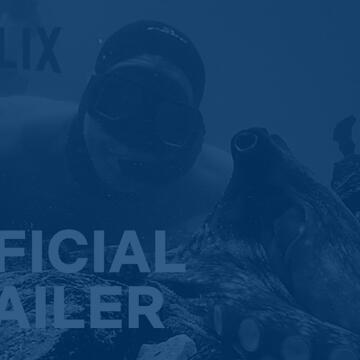
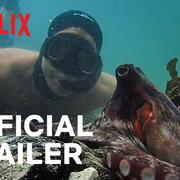
Watch My Octopus Teacher
Visit Netflix to watch the film. Then return here to our site and view the talkback with Professor Casey Dunn available on demand below.
Information Links


- About the Professor
Casey Dunn '05 PhD is Professor of Ecology and Evolutionary Biology at Yale and Curator of Invertebrate Zoology at Yale’s Peabody Museum of Natural History. His lab studies animal evolution, with a particular focus on better understanding our most distant animal relatives and the earliest events in the animal tree of life. The lab’s research includes fieldwork to collect poorly known animals, often by SCUBA diving and sometimes with remotely operated underwater vehicles. Lab bench work includes studies of anatomy and genome function. Much of his work is computational- developing methods and tools for analyzing evolutionary relationships and using those relationships to provide an integrated perspective on genomic and anatomical evolution. In addition to his studies of broad patterns of diversity across distantly related animals, his lab also focuses on siphonophores, a group of about 185 species of open-ocean animals that include the Portuguese Man of War. He and his team address basic questions about siphonophore structure, growth, diversity, and evolution. He is the co-author of Practical Computing for Biologists, which helps more biologists become comfortable with computational methods. Professor Dunn completed his undergraduate studies at Stanford University, followed by graduate studies with Günter Wagner at Yale, and postdoctoral work with Mark Martindale at the University of Hawaii.
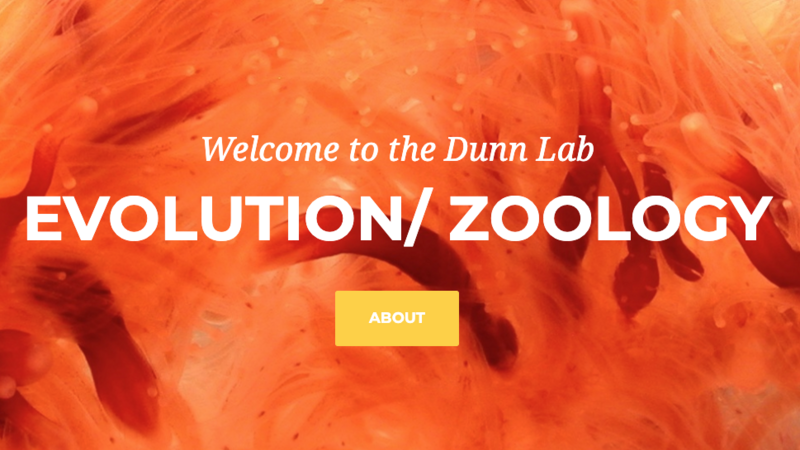
The Dunn Lab is in the Department of Ecology and Evolutionary Biology at Yale University. We study how evolution has produced a diversity of life. We are interested in learning about the actual history of life on Earth...
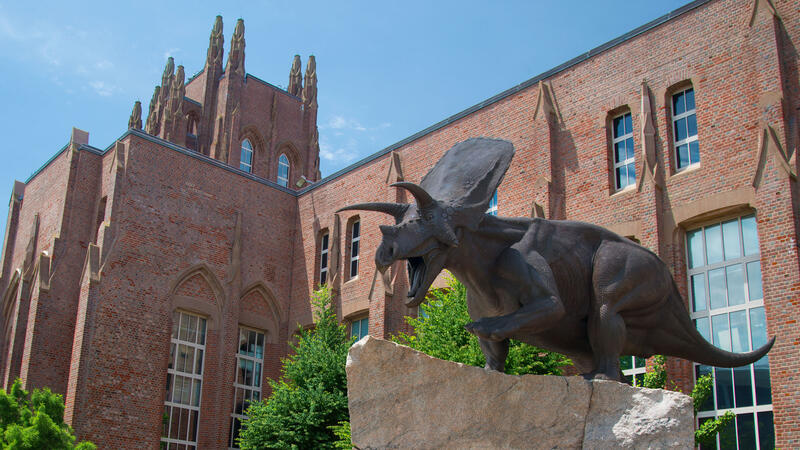
Primary strengths of the Division of Invertebrate Zoology include large holdings of Western Atlantic invertebrates represented not only by recently acquired specimens, but also by a strong historical component dating to...
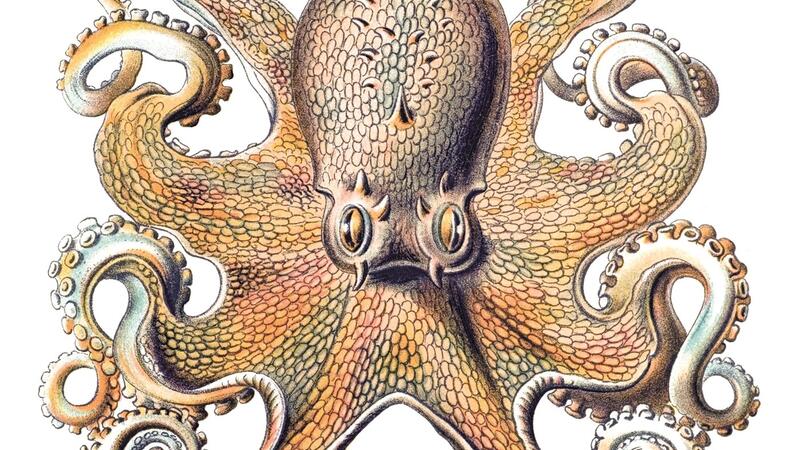
Although mammals and birds are widely regarded as the smartest creatures on earth, it has lately become clear that a very distant branch of the tree of life has also sprouted higher intelligence: the cephalopods...
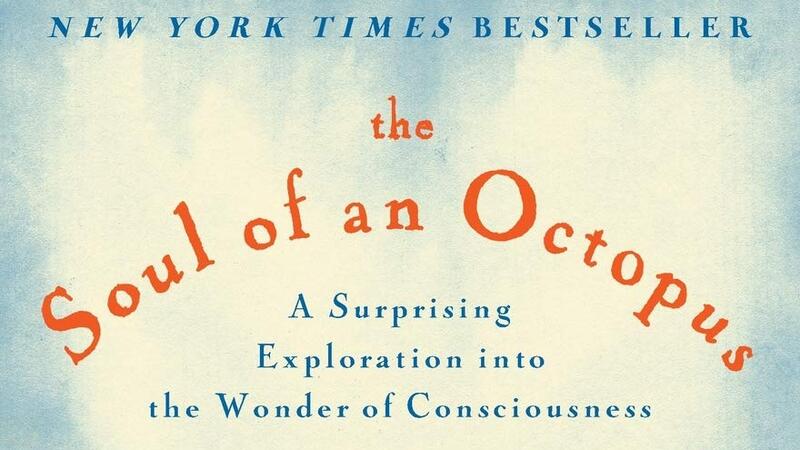
In pursuit of the wild, solitary, predatory octopus, popular naturalist Sy Montgomery has practiced true immersion journalism. From New England aquarium tanks to the reefs of French Polynesia and the Gulf of Mexico, she...
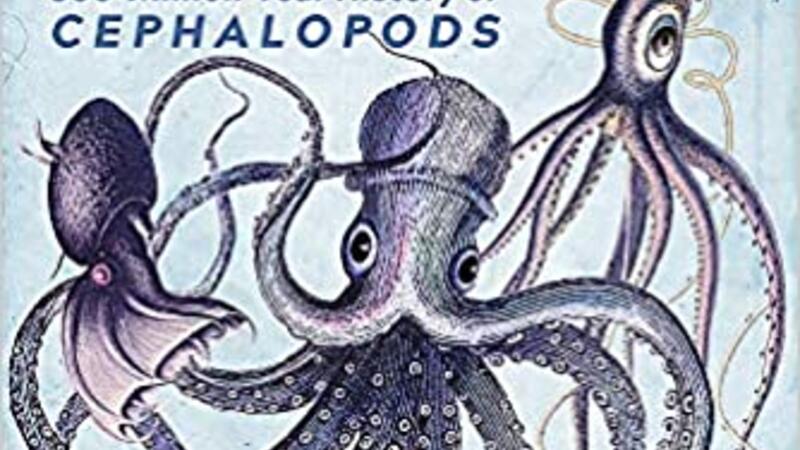
Cephalopods, Earth’s first truly substantial animals, are still among us: Their fascinating family tree features squid, octopuses, nautiluses, and more. The inventors of swimming, cephs presided over the sea for millions...
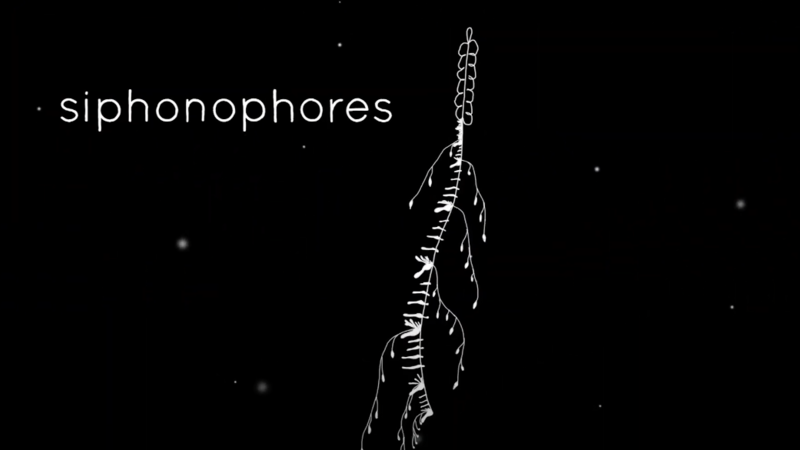
This episode of CreatureCast was created by Riley Thompson, based on a script that we wrote together. The animation is based in part on illustrations by Freya Goetz. More animations can be found at creaturecast.org, a...
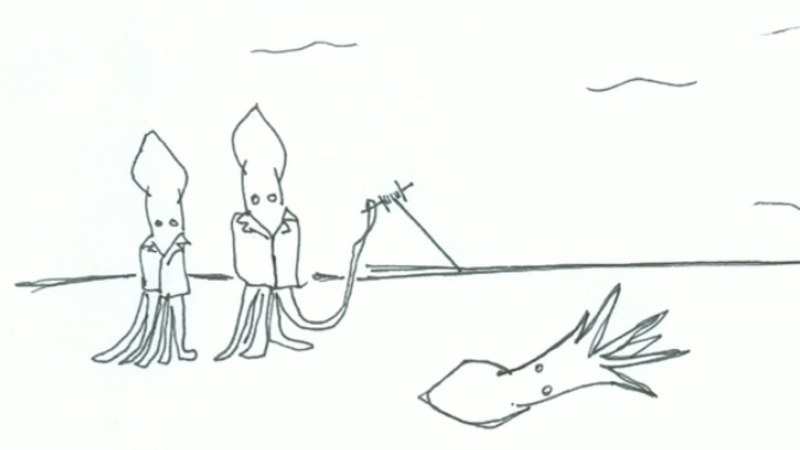
creaturecast.org brings you stories about the unexpected world of animals. In our first episode, Sophia Tintori and Alison Sweeney talk about the colors of squid.
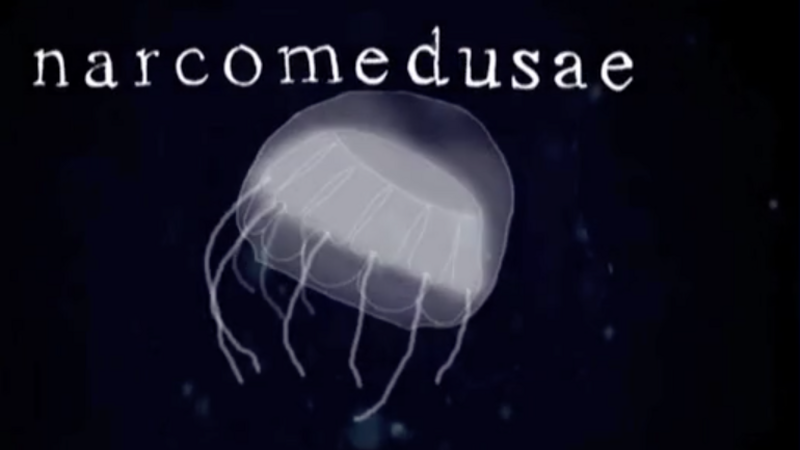
We usually don't think of babies that grow inside their mothers as parasites, but sometimes the lines get very blurry. This is especially true in Narcomedusae, a group of poorly known jellyfish found throughout the...
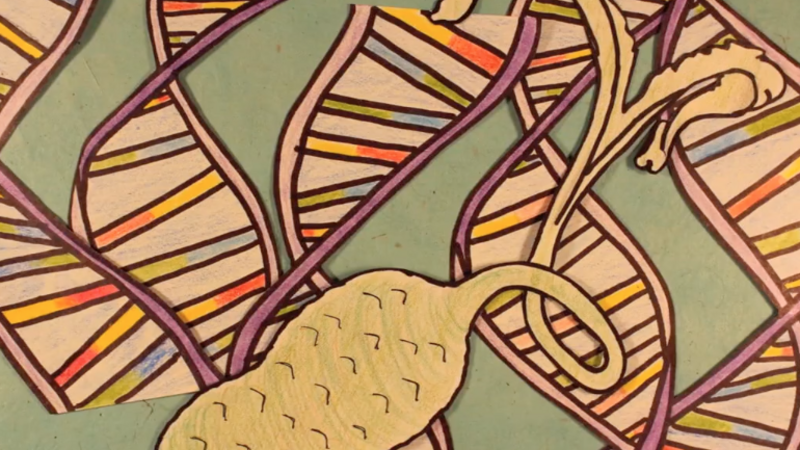
Alysse Austin, a junior in Casey Dunn's Invertebrate Zoology course (Biol 0410) at Brown University, describes sexual dimorphism in green spoonworm.
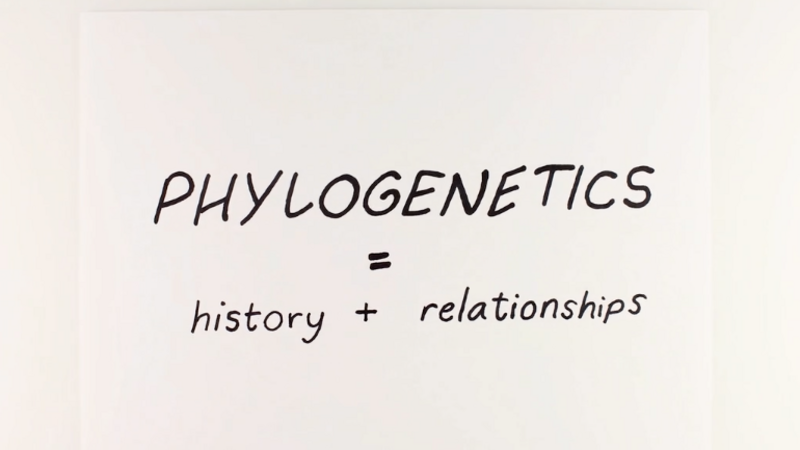
JD Laurence-Chasen, a student in my invertebrate zoology course last fall, explains how to read phylogenies. For more information, see: Baum DA, Smith SD, Donovan SSS (2005). The tree-thinking challenge. Science 310...
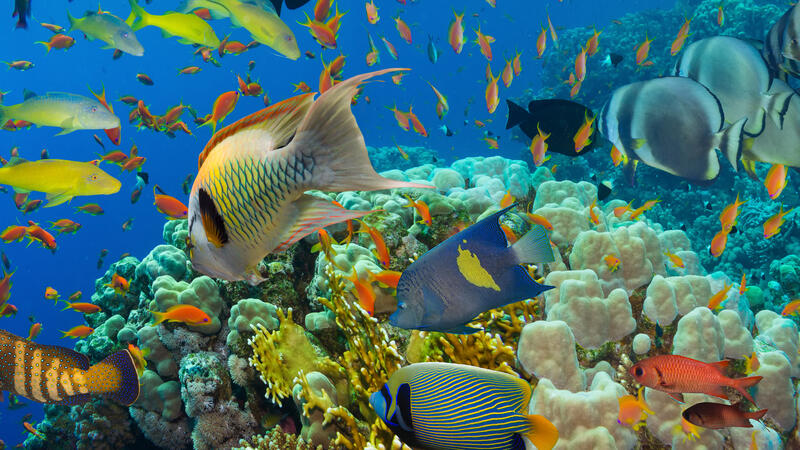
Explore the biodiversity of fishes, their evolutionary history, and the complicated relationship between humans and aquatic organisms as Professor Near leads you through the effect of biodiversity...
Faculty:
Thomas Near
Professor and Chair of Ecology and Evolutionary Biology; Bingham Oceanographic Curator of Ichthyology, Peabody Museum of Natural History